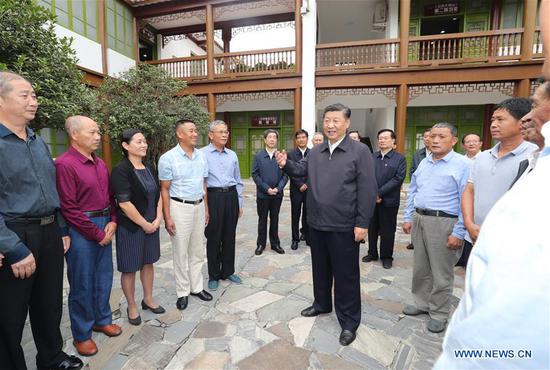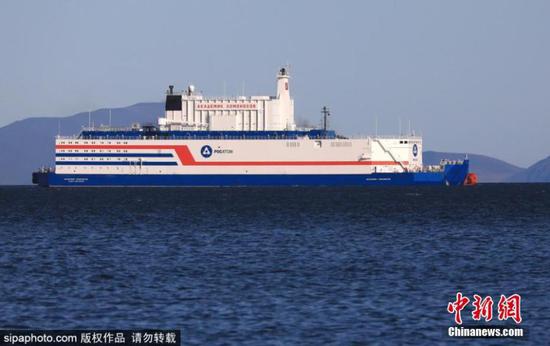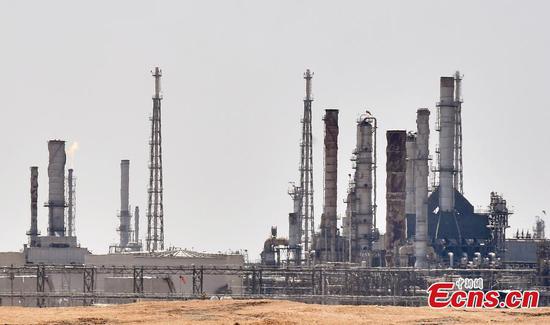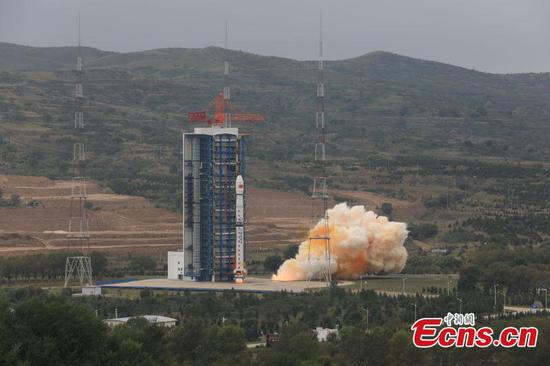By Oscar Margain
Two of China's cargo vessels departing from Quanzhou and Dalian have been delivering oil to Mexico in the last several weeks, becoming its second largest supplier since it began shipping oil there intermittently in late 2017.
China’s West Pacific Petrochemical Corp sold 900,000 barrels over the summer, its biggest monthly shipment to Mexico, according to an unnamed source quoted by Reuters.
Mexico's energy ministry (SENER) reported roughly 7 percent of all June gasoline imports came from China, while the U.S. remained its top supplier with 66.8 percent of the market share, down from 76.8 percent a year earlier.
Factors in play
Production overflow in China is one reason the Asian giant is selling its oil overseas after domestic consumption dropped during the summer in an effort to scale back, reported Reuters.
The increase also reflects the start up this year of a new privately-owned refinery that will add to China’s fuel surplus as record refinery output is exceeding fuel demand growth.
Summer travel in the U.S. meant higher internal demand and fewer exports to Mexico, sector expert Ramses Pech told Mexico's news daily El Financiero.
These external factors coupled with low domestic production in Mexico have helped China take over the No. 2 spot, according to SENER. Once considered an important oil exporter, Mexico's increasing dependence on foreign oil now accounts for roughly 70 percent of its market.
Mexico has also struggled to maintain production due, in part, to recent country-wide fuel theft, which rose to over 50 percent last year.
What lies ahead
It's uncertain if this exporting trend will continue in the near future. Most Asia to Latin American oil shipments are not based on long-term contracts, market participants told Argus media.
Sunday's drone strike against Saudi Arabia's oil plants left world economies scrambling to fend off a spike in oil prices, which could affect oil supplies including business between Mexico and China.
China's current inventory could cover any near-term shortfall, reported S&P Global.
"We need to know exactly how long the Saudi supply interruption will last. If just for 3-5 days, China will have enough commercial [reserves] and SPR to sustain refining operation," a Beijing-based executive with Unipec told S&P Global.
China's oil processing capacity is set to grow sharply in the coming years with enterprises such as Sinopec's new 320,000 barrels-per-day refinery in the coastal city of Lianyungang coming into operation, increasing competition in Mexico's fuel market.


















































